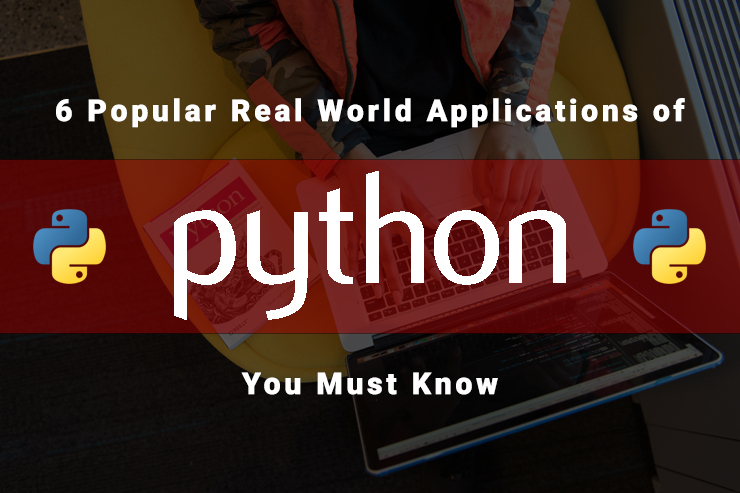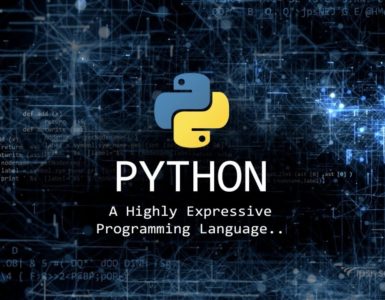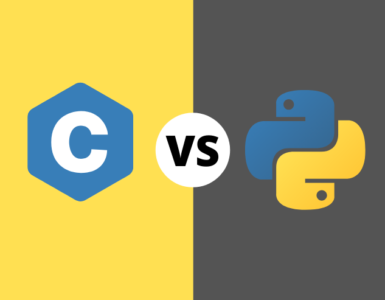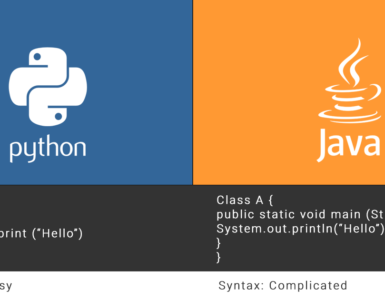Python is an interpreted, high level and a general purpose programming language created by Guido Van Rossum in 1991. It offers a multi-paradigm approach involving being object-oriented, structural and functional for programming & developing software. Since it works on cross-platform operating systems, it can be used to develop a wide range of applications. These applications could be specifically for image processing, web, text processing and enterprise-level that use scientific, numeric and data from the network. To name a few, YouTube, BitTorrent, Dropbox, Cinema 4D, Bazaar and Deluge are some popular and globally used applications that are based on Python. The ease with which this language can be used broadens the perspective of its utility.
Let us discuss some of the popular applications of Python.
- Desktop applications based on Graphics User Interface
Python is a language with a simple and easy to understand syntax. With its transposable architecture, rich-text processing tools & the potential to work on numerous OS makes it a more desirable possibility for fabricating applications based for desktop. With the support of GUI toolkits such as PyQt, PyGtk or wxPython, developers can create robust GUI. Below are some of its GUI based applications for desktop:
- Image processing & Graphic design(GD) applications
With the help of Python, several 2D imaging softwares have been created like Inkscape, Paint Shop Pro, GIMP, and Scribus. In addition to this, Python has also contributed to a great extent in creating 3D animation packages like 3ds Max, Blender, Maya, Cinema 4D, Lightwave and Houdini
- Scientific & computational applications
With the ability to working on higher speeds, ensuring productivity and along with the availability of Scientific Python & Numeric Python tools, Python language has become an essential part of creating applications that are involved in processing & computation on scientific data. Examples of such applications are FreeCAD (a 3D modelling software) and Abaqus (a finite analysis software).
- Creating Games
Python with its modules, libraries & platforms supports the evolution of games like PySoy (a 3D game engine bracing Python 3) and PyGame (gives functionality & a library to encourage game development). Examples of games developed using Python are Disney’s Toontown Online, Civilization –IV, Vega Strike, etc.
- Web Frameworks & applications
Python helped in creating a huge variety of web-frameworks including Bottle, CherryPy, Flask, Django and TurboGears etc, which extend standard libraries & modules that simplify tasks related to
- interaction with the database,
- content management, and
- interfacing with various internet protocols like HTTP, FTP, SMTP, POP and XML-RPC
Here are some popular web applications coded in Python:
- Plone -a content management system;
- ERP5 – an open source ERP used in aerospace, apparel & banking
- Odoo – an integrated unit of business applications
- Google App Engine
- Enterprise & business applications
Python is a great coding language which lets easy customization in large applications with the support of
- special libraries
- extensibility
- scalability, &
- easily readable syntax
YouTube & Reddit (initially written in CommonLips but re-written in 2005 in Python) are popular examples
- OS
In many instances, Python becomes a core part of the Linux distributions. Example:
- Ubuntu’s Ubiquity Installer
- Fedora’s Red Hat Enterprise Linux’s Anaconda Installer
Both are written in Python
- Gentoo Linux uses Python for its packet management system called Portage
- Development of Languages
Python has encouraged & influenced the creation of many new languages with its design & module architecture.
Example:
- Boo (a language that uses syntax, indentation and object model just like Python)
- Apple’s Swift
- Cobra
- CoffeeScript
- OCaml
All these share similar syntax & other alike features as of Python
- Prototyping
Being an open-source language where there is an availability of a large community along with being agile, easy, extensible & scalable makes it desirable for faster prototype development.
Python course is a great opportunity for the developers, young or experienced, to mark the beginning of a bright future.






[…] 6 Popular Real World Applications of Python You Must Know […]